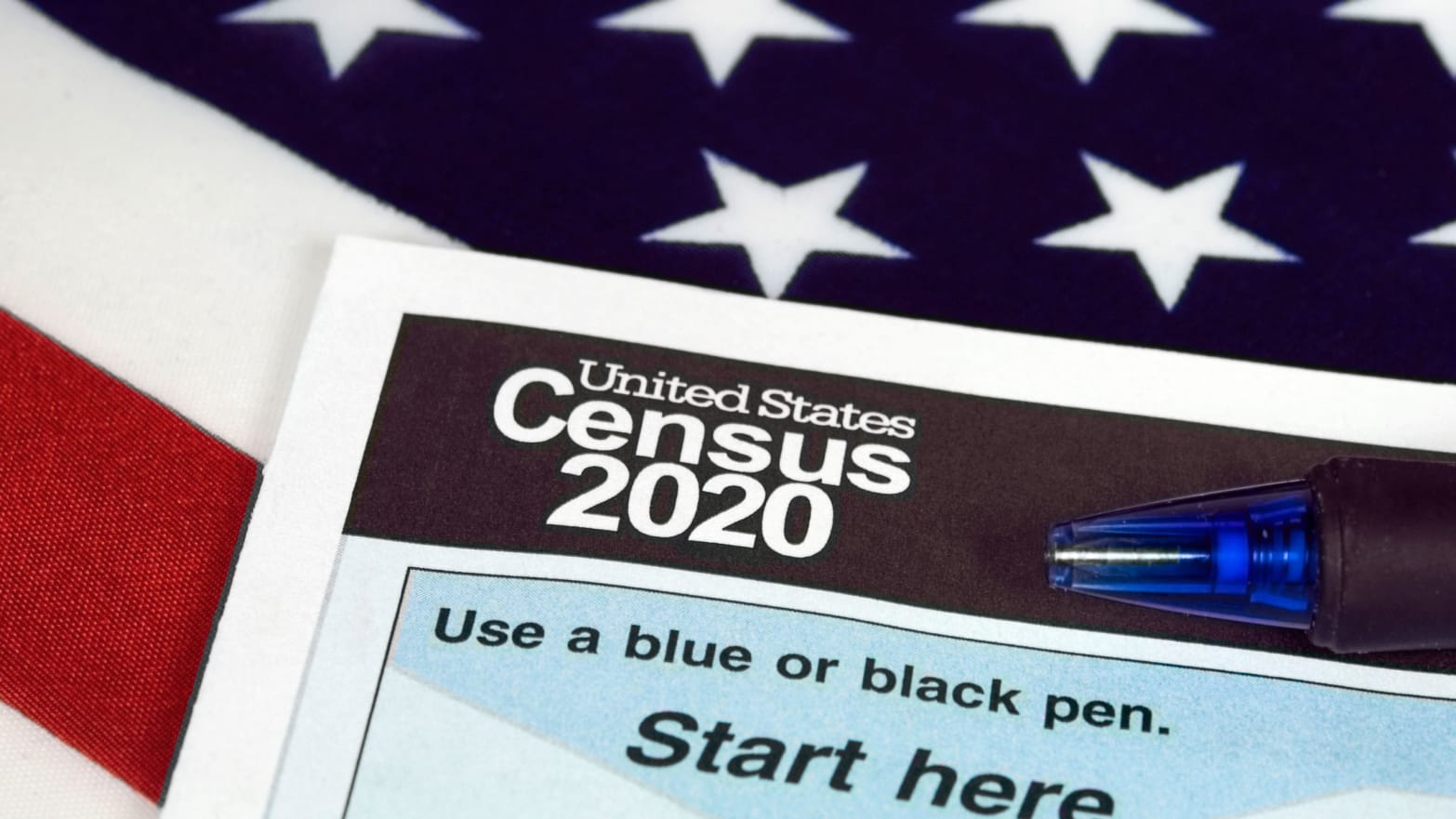The Constitution requires that every person—not citizen—living in the United States must be counted every 10 years. Now, a Justice Department request to add a question about citizenship to the 2020 census has put the once-in-a-decade count of the American people into the crosshairs of partisan politics.
Commerce Secretary Wilbur Ross, whose department includes the Census Bureau, has until April 1—the deadline to submit questions for the upcoming census—to decide whether to bow to the apparent political pressure.
Ross was a census taker when he was in college, and is seen as someone who understands and respects the process. “If left to his own devices, Ross will make the right decision because he knows that the 2020 census will be wrecked if a citizenship question is added,” says Phil Sparks, co-director of The Census Project, a nonpartisan watchdog group.
Questions normally undergo years of testing, but common sense says that adding one about citizenship status would have a chilling effect on participation that would lead to an undercount of immigrants and minorities, hurting blue states and urban areas—setting the stage for Republicans to re-draw still more favorable congressional districts.
“What would be the purpose of asking a question that can send millions of people into the shadows?” asks Terri Ann Lowenthal, a former House and Senate aide who specializes in census policy.
The purpose for some Republicans seems to be using the census as another tool for voter suppression. In past years leading up to the census, the administration in power had immigration enforcement ease up so that people would come forward to be counted.
John Thompson, former director of the Census Bureau, told The Daily Beast that in 2000, there was a memorandum of understanding with the INS (Immigration and Naturalization Service, precursor to ICE, Immigration Control and Enforcement).
“You can’t tell them don’t enforce the law, but they wouldn’t hang out around census events (in immigrant communities),” says Thompson. “In 2010, I don’t think there was anything written down, but there was a verbal agreement.”
The Trump administration has, by contrast, sent so many negative signals around immigration that—even if the citizenship question is rejected—the census undercount is certain to rise. Estimated at 1 percent altogether, “differential undercount” is already higher for Hispanics at 1.5 percent and for African Americans at 1.8 percent.
In California, where nearly 40 percent of the population is Latino, a higher undercount could cost the state two or more House seats and hundreds of billions of dollars over the following 10 years in federal support for social programs.
The census guides the distribution of more than $600 billion dollars in federal funds for Head Start, Medicare and Medicaid, school lunches, food stamps, Section 8 affordable housing, and road and construction funds.
“If you’re a member of the House of Representatives, you do want a good count of everyone in your district because you want to keep your seat,” says Thompson. Texas might gain a seat based on added population, Alabama might lose a seat, but the number of seats—set at 435 by The Reapportionment Act of 1919—remains the same.
A poorly run census that significantly undercounted immigrants and minorities would be the ultimate in gerrymandering.
The 2020 census will be the first automated count, conducted over the internet as opposed to census takers going door to door with paper and pencil. Anticipating that online counting would be cheaper, Congress mandated that the 2020 census cost the same as the 2010 census, $12 billion. Thompson broke the bad news in a contentious congressional hearing in May 2017 that there was a $60 million overrun, and since the estimated cost has jumped to $15.6 billion—still not enough to ensure a fair and accurate count.
Lack of resources has already prompted the cancellation of two of three planned tests, leaving a lone trial run in Providence, Rhode Island. Tests in rural parts of West Virginia and the suburbs of Washington State were scrubbed.
What could go wrong? A lot, say the experts, haunted by the implosion of the HealthCare.gov website when it was unveiled to much fanfare and then ridicule in the fall of 2013.
The Census Bureau has lacked a director since Thompson left in June of last year, and the person thought to be President Trump’s pick, University of Texas at Dallas political science professor Thomas Brunell, was so unqualified for the position that the White House never put him forward for Senate confirmation, floating his name instead for deputy director, which does not require lawmakers’ approval.
A partisan Republican, Brunell has served as an expert witness for Republicans defending gerrymandered maps in many high-profile redistricting cases. He wrote a book titled Redistricting and Representation: Why Competitive Elections are Bad for America, where he argues that districts packed with like-minded partisan voters are fairer and offer truer representation because fewer voters backed the losing candidate.
The Census deputy director is typically a nonpartisan career public servant with management experience and a scientific background in statistics, neither of which Brunell has. After considerable pushback, he withdrew his name this week from consideration for the census job.
Two capable career professionals are leading the agency, but Thompson worries they don’t have the clout of a Senate confirmed director. “If the census is a priority, they should name a director,” says Thompson. He’s concerned that an advertising campaign to educate the public about the importance of the census won’t get underway or be fully funded without strong leadership.
Maybe that’s the goal. Lowenthal, a self-described creature of Congress, sees a worrisome pattern of decisions that appear designed to give Republicans a partisan advantage. For example, she asks, how much money will they spend on targeted advertising in non-English speaking communities?
The December inquiry from the Justice Department about a citizenship question said the data was needed to comply with the Voting Rights Act.
But Phil Sparks with The Census Project, the watchdog group, notes the letter did not come from the DOJ’s Voting Rights or Civil Rights division, but from the Justice Management Division, which he describes as a “minor office which has no jurisdiction in that area.”

